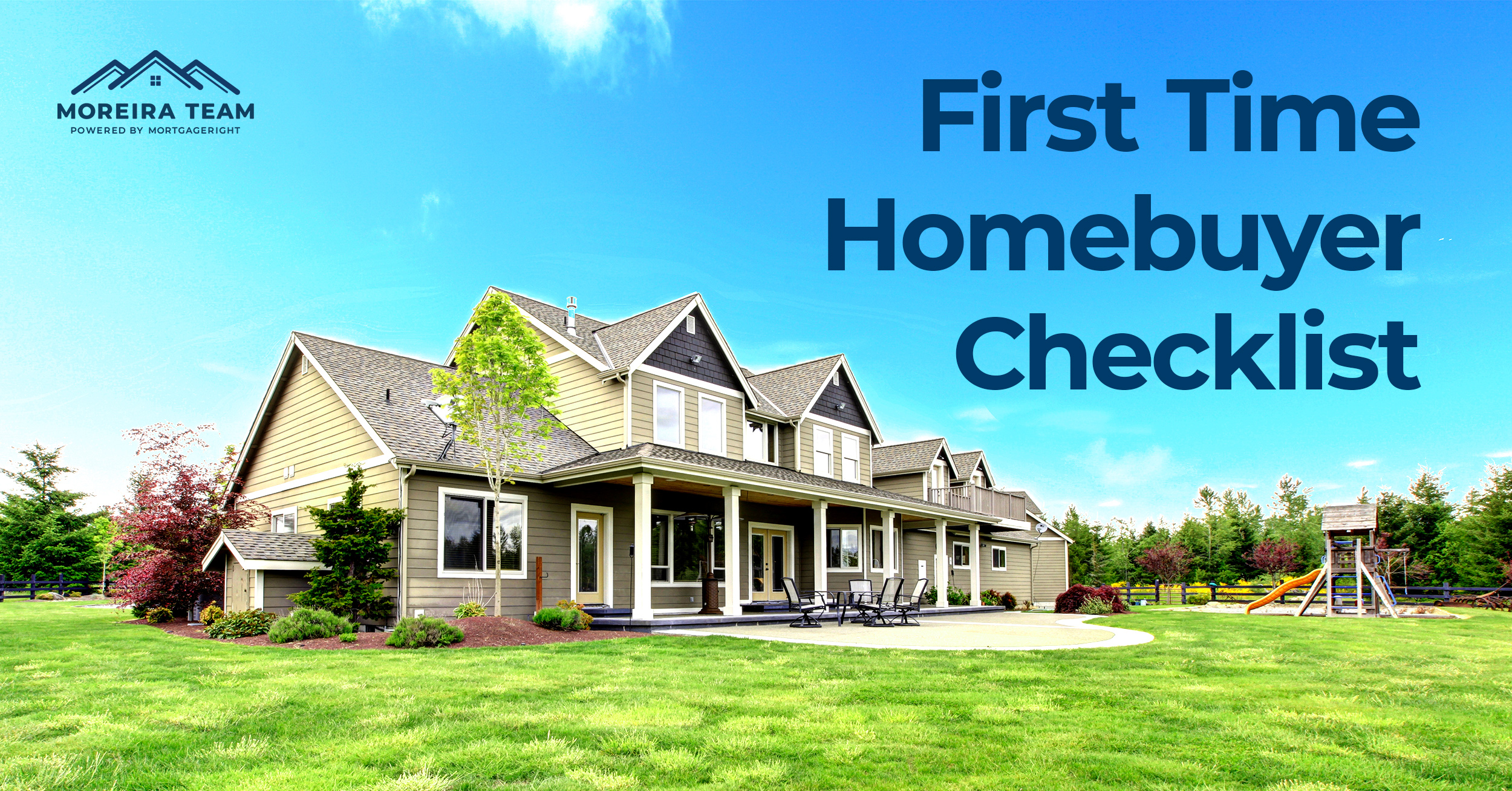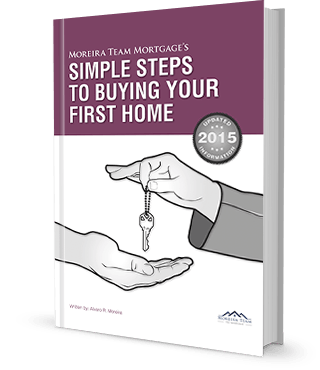
In this article
- Are There Special Mortgages for a First Time Home Buyer?
- Getting to Know Your New Relationship with Equity
- Your Relationship with Your New Home
- First Time Home Buyer Program eBook
- How to Plan a Budget for Your New Home
- Choosing a Mortgage Advisor
- You Need to Know the Score
- What is the total cost of home ownership?
- Down Payments
- Appraisal and Home Inspection Fees
- Closing Costs, Including Points
- Moving Costs
- Utilities and Service Costs
- Repairs or Improvements
- Getting All the Facts Before Spending Your Hard Earned Cash
Are There Special Mortgages for a First Time Home Buyer?
There is nothing quite like owning your first home and sense of accomplishment that comes over you when you open the front door for the first time. Obviously, the bank owns your home loan but the main difference here is that you are making payments towards ownership rather than paying someone else’s mortgage by renting. There is also the benefit of building equity over time and benefiting from tax breaks.
Getting to Know Your New Relationship with Equity
As you make your monthly mortgage payments you build up equity and, at the same time, reduce the amount you pay on interest. A larger portion of your payment starts to move towards the principal of your loan, which is the cost of your loan before the interest is applied to it. What is most interesting about this is that as your mortgage payments reduce over the mortgage amortization period the value of your home will in most cases go up. So when you decide to sell the home in the future or refinance your equity will give you a big advantage and the ability to have cash on hand when you need it later on.
Your Relationship with Your New Home
When you rent you have to call the landlord to fix the sink, patch a wall or replace the screen door. Maintenance of your rental property becomes a hassle where you feel helpless to try to get a bad landlord to simply fix some basic problems. Owning your own home means you control all aspects of home maintenance and for a lot of people this can be overwhelming because you think you need to get all the maintenance done the first two weeks after moving in.
Your goal should be to have a proper home inspection and set priorities of high priority issues and then moving down the list. Their are routine things to do in the spring and fall seasons that many new homeowners overlook and this can impact your expenses and cash flow. This is why you need to set priorities.
First Time Home Buyer Program eBook
Have a look at our “Simple Steps To Buying Your First Home” ebook to start financial planning for your first home.
How to Plan a Budget for Your New Home
Figuring out what you can afford can seem like a daunting task at first, and mortgage calculators can be misleading. The best approach is affordability calculations based on three primary steps:
- Figuring out how much you can afford each month based on your current debt payments.
- Figuring out the maximum amount you can afford for a monthly mortgage payment from a lender’s perspective.
- Formulating a maximum purchase amount
In the first step it’s important to know your current household cash flow and expenses and take a baseline of where you are now. Consider going back 1 month to 6 months here to get a sense of your spending habits and how this will be impacting your new household budget and cash flow.
Use the housing cash flow sheet provided on page 5 of the “Simple Steps to Buying Your First Home” ebook.
Once you fill out this interactive home budget sheet the number at the bottom will give you the maximum monthly amount you can realistically afford regardless of what the lender or mortgage calculator tells you.
Keep in mind here at the end of the day you are the one responsible for making your mortgage payments. Don’t bite off more than you can chew. Accept a mortgage that fits your budget and does not require you to take on an extra job to make ends meet. Do yourself a favor, be realistic.
Choosing a Mortgage Advisor
A mortgage lender with the ability to broker your loan will save you precious time by providing personalized service with flexible hours even outside of regular banker hours. The Moreira Team offers specialized knowledge and will work on your behalf to negotiate the right loan for your specific situation. Mortgage lenders who can also broker have access to special programs the big banks don’t so you end up getting the best loan for your situation usually at a much lower cost.
You Need to Know the Score
Most prospective buyers get drawn into looking for a new home by beginning the process online and then finding an agent to start showing you homes you think you can afford based on what a mortgage calculator might have told you fits your budget. Your credit rating plays a major part in getting a mortgage. When you make an effort to shop around and get the best deal, this can in some cases decrease your chances of even being approved.
Each time your credit rating is pulled by a bank , it’s considered a credit application, regardless of whether or not you end up engaging that bank, and your credit rating can be affected. When you work with the Moreira Team one of the first things we do is check your credit score worthiness upfront to insure you qualify for the loan. By just doing one credit check we can use this credit score to shop for the right mortgage product and rate that fits your budget.
What is the total cost of home ownership?
Ok, you have lived frugally long enough and saved up a lump sum down payment, it’s time to get pre-approved and shop for a home. Wait a minute have you thought about the fact that you have to buy new furniture, gardening equipment, appliances and all those maintenance things your landlord dragged his feet on are about to be your new expenses. So, to avoid these landmines of expenses from creeping up on you it takes some financial planning and three basic groups of expenses you need to consider to come up with a total cost of home ownership:
- The down payment
- Out of pocket expenses for closing fees on your home
- Regular ongoing home maintenance expenses
Down Payments
In the US the average first time home buyer is putting down 3-5% as a down payment and in some cases “no down payment options” are still available for certain programs like VA or USDA. Remember when your grandmother told you to how to always be saving money, the reality today is that most of us live paycheck to paycheck.
Coming up with a large deposit can be extremely difficult. When you contribute twenty percent or more towards your home purchase there are certain benefits that paying less will not give you:
- Lower mortgage payments which is one of the toughest issues for first time home buyers with low down payments.
- Lower interest because of less risk to the lender
- Paying less interest because it will lessen time to pay down the loan
- No Private Mortgage Insurance (PMI) required
Appraisal and Home Inspection Fees
The appraiser and home inspector have to be paid up front and that can add up to $600 or more. As a first time home buyer, the appraisal value is very important to you. A good appraisal could literally save you tens of thousands or even help you negotiate a better deal.
Closing Costs, Including Points
Closing costs on your mortgage can range from $0 to $10,000+. However, they are usually paid for by the seller on your purchase contract or financed into the sales price so you don’t have to worry about it. In some cases though, you may have to bring money to the closing in order to pay these costs.
Moving Costs
Whether you are doing it yourself a carload at a time, renting a big truck or hiring movers to move you into your new house, a move can set you back a few hundred or up to a few thousand dollars depending on how much and how far you are moving. Keep this cost in mind if you are buying a new home and factor it into the cost.
Utilities and Service Costs
Sometimes utilities will transfer services for no fees. In many cases they don’t and require a deposit and up front set-up fees for services. Keep in mind your heating and electricity bill will reflect a larger home cost. Other expenses to consider are real estate taxes, insurance and updating some home systems like heating & air, electrical, plumbing, even the alarm system.
Repairs or Improvements
If you are moving into a new home you may not have any maintenance issues to address other than landscaping and a new fence. Obviously, you might want to make some upgrades. I suggest you live in the home for a few months before making major upgrades like changing the kitchen or changing the bathroom. Taking on an additional line of credit will just add another strain on your budget. Consider renovations carefully and wait until you have more equity in the home before making big upgrades.
Getting All the Facts Before Spending Your Hard Earned Cash
You should have a home inspection done regardless of whether you’re buying a new home or an older home. The reason is that an appraiser will make some common top level notes about improvements where a home inspector will dig deeper into home issues like the heating and cooling systems, electrical, plumbing systems, structural issues, roofing, foundation, ceilings, floors and windows. You’re investing hundreds of thousands of dollars in a home why would you want to avoid a $300 home inspection and end up with hidden issues that might cause you to have to give up your home at great expense due to hidden defects.



